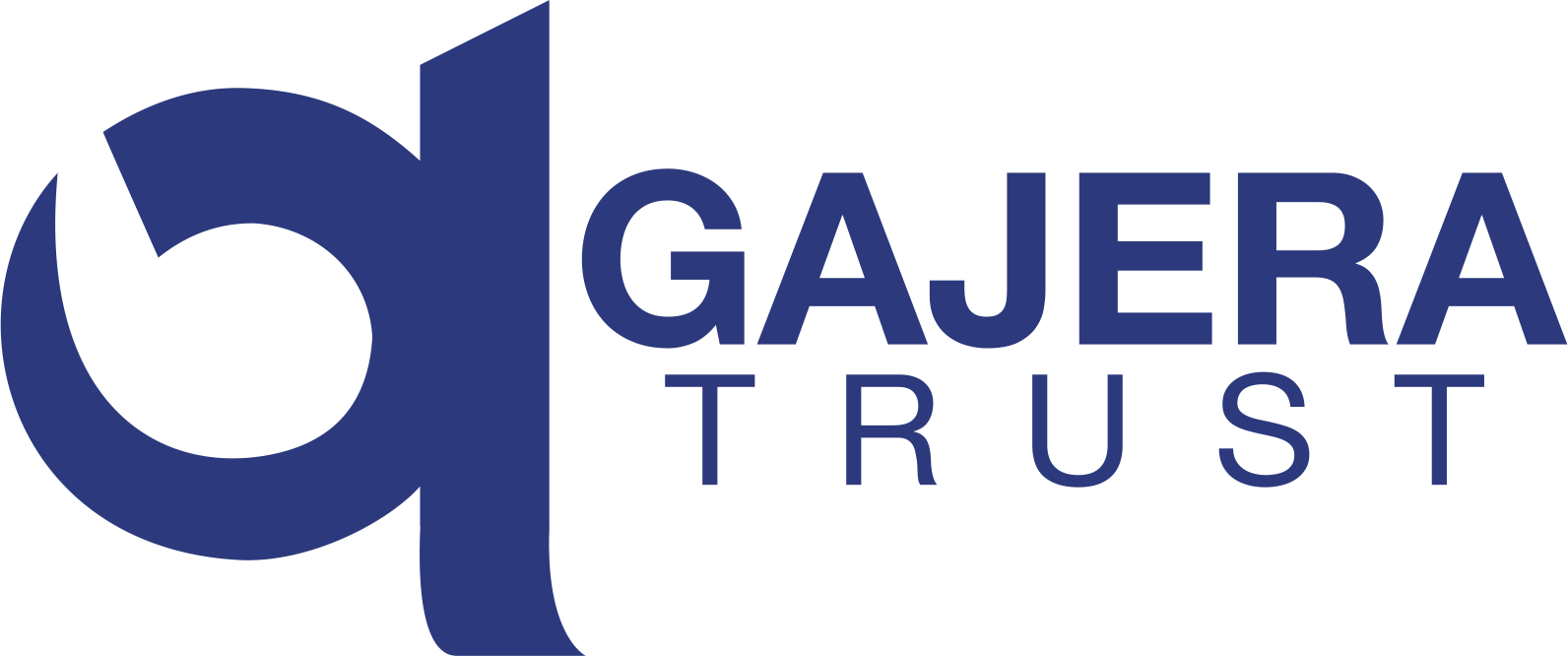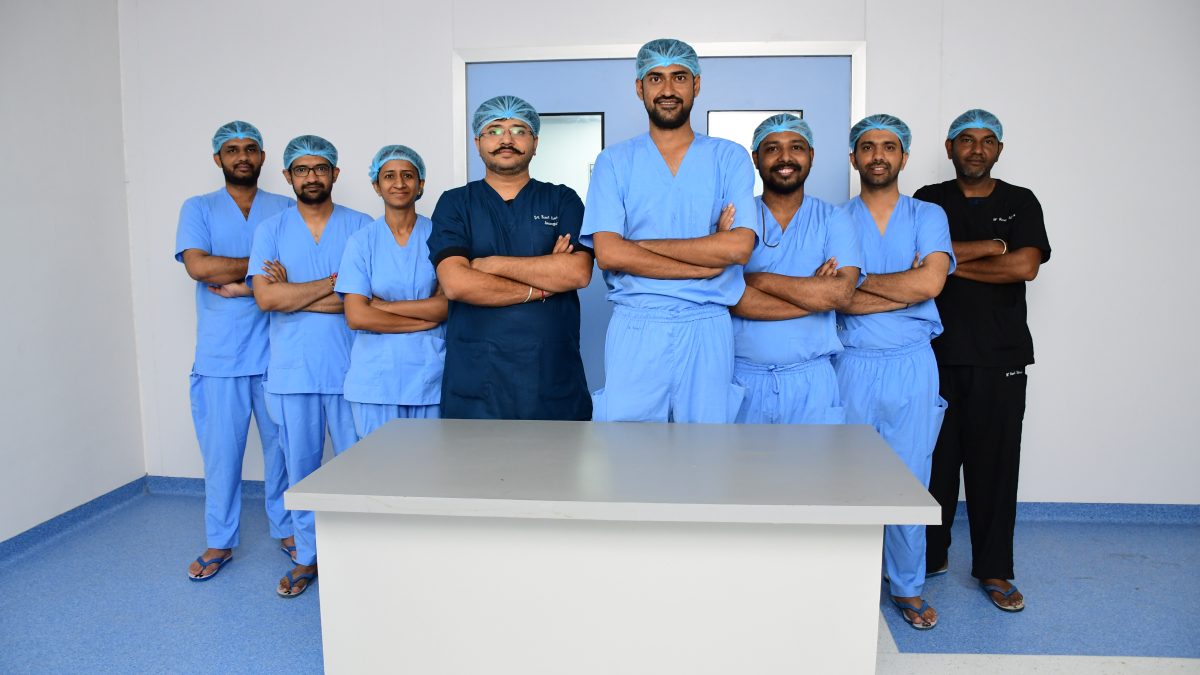- Have any questions?
- (+91) 02792 230240
- info@smcgh.edu.in

It’s cold outside! Take care of your joints
November 28, 2022
Things you should know before joining a Medical college
January 7, 2023Essential Skills Of A Successful Doctor
- W. H. Auden.
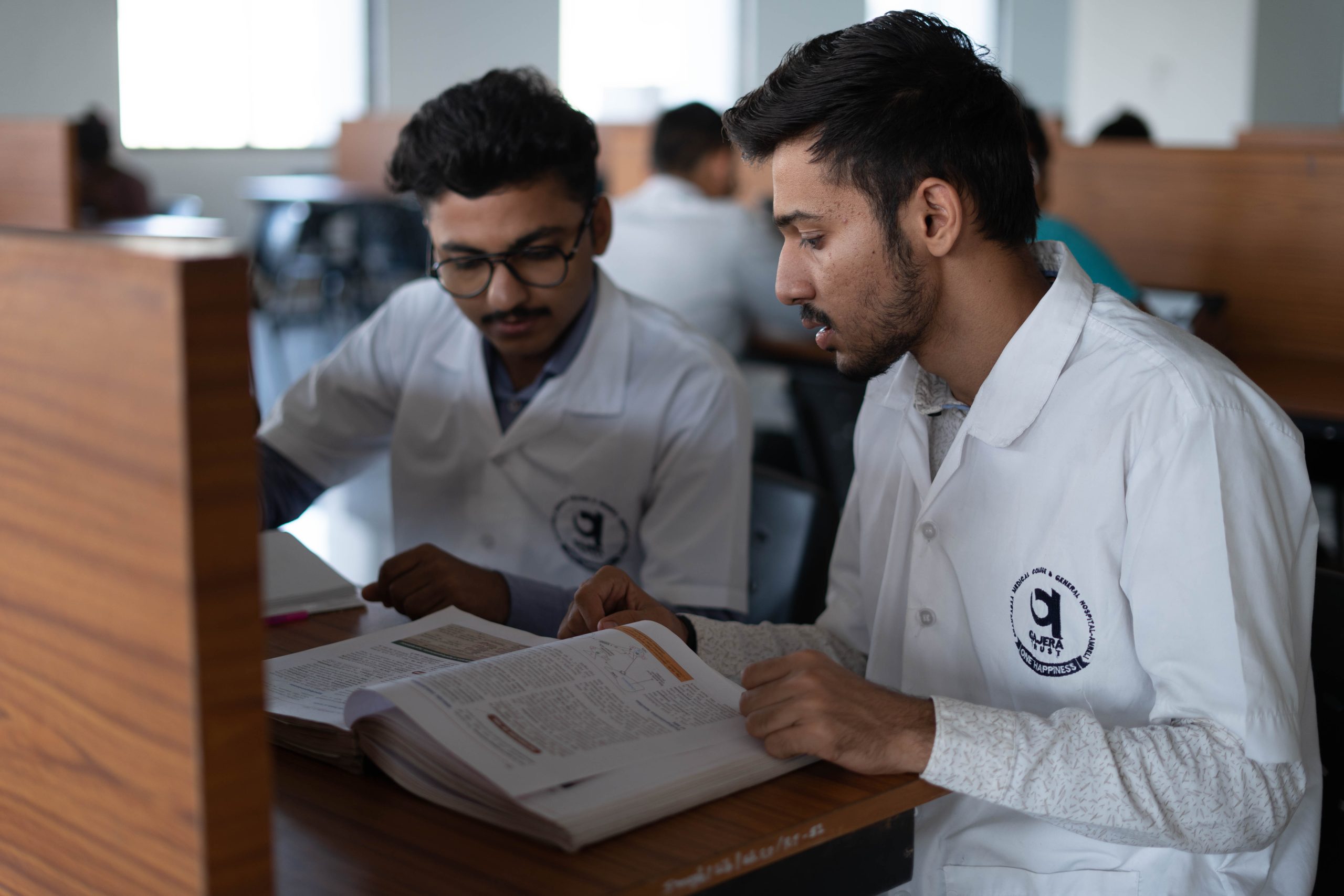
-- Prescribing medication and keeping a tab on new medications and drugs inventedand available.
-- Studying and Interpreting laboratory results of tests or examinations and takingactions accordingly
The next set of skills can be called "Emotional intelligence" as a whole which is further divided into five more categories.
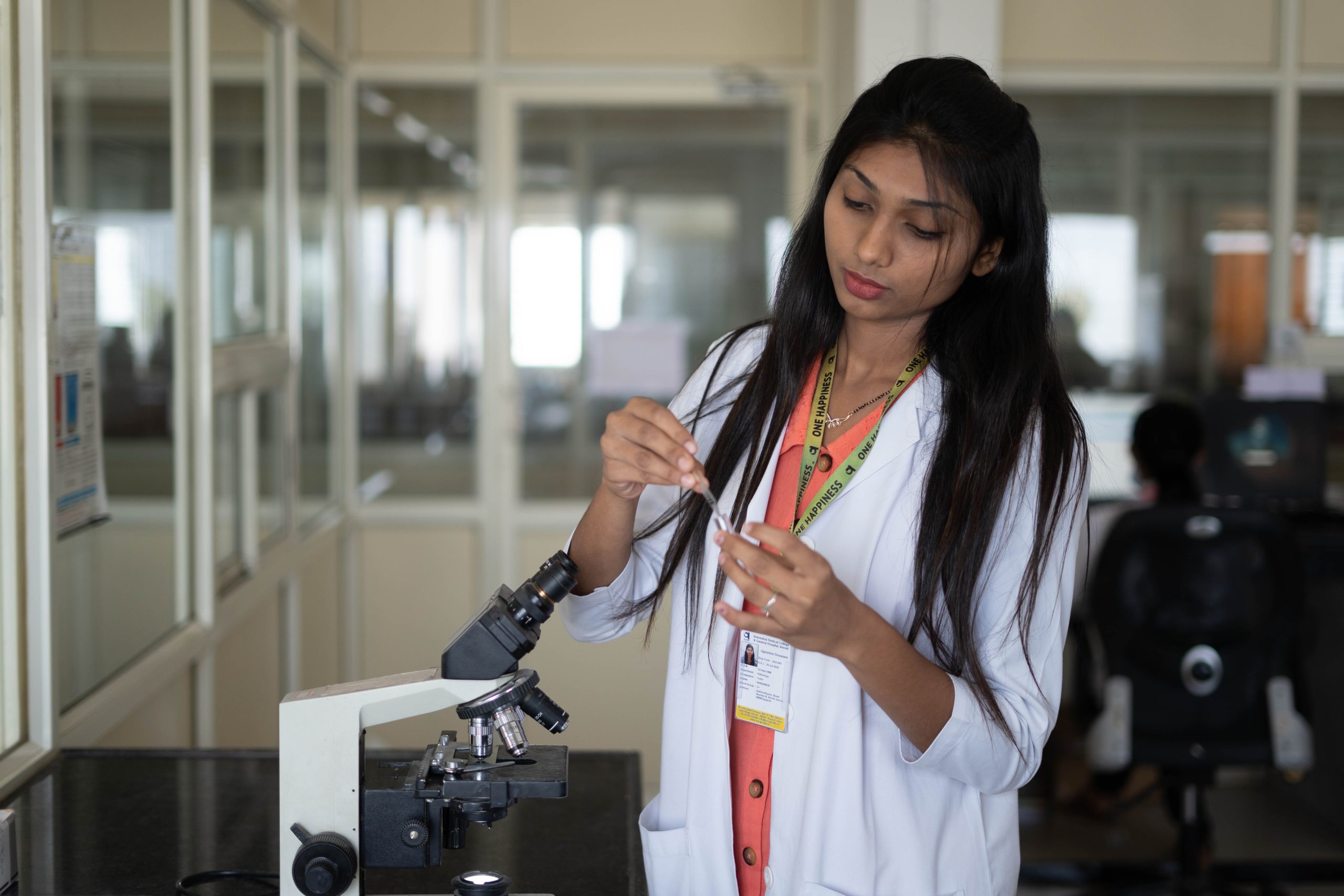
Healthcare workers usually work in a complex, stressful, and emotionally demanding environment and the ability to manage their emotions while keeping the emotions of people around them like patients, staff, and teammates in view while deriving the best out of themselves and others is called Emotional Intelligence.
Emotional intelligence can be attained by working on five different sets of skills and lets understanding what they are, how they are useful to a healthcare provider, and how they can be implied.
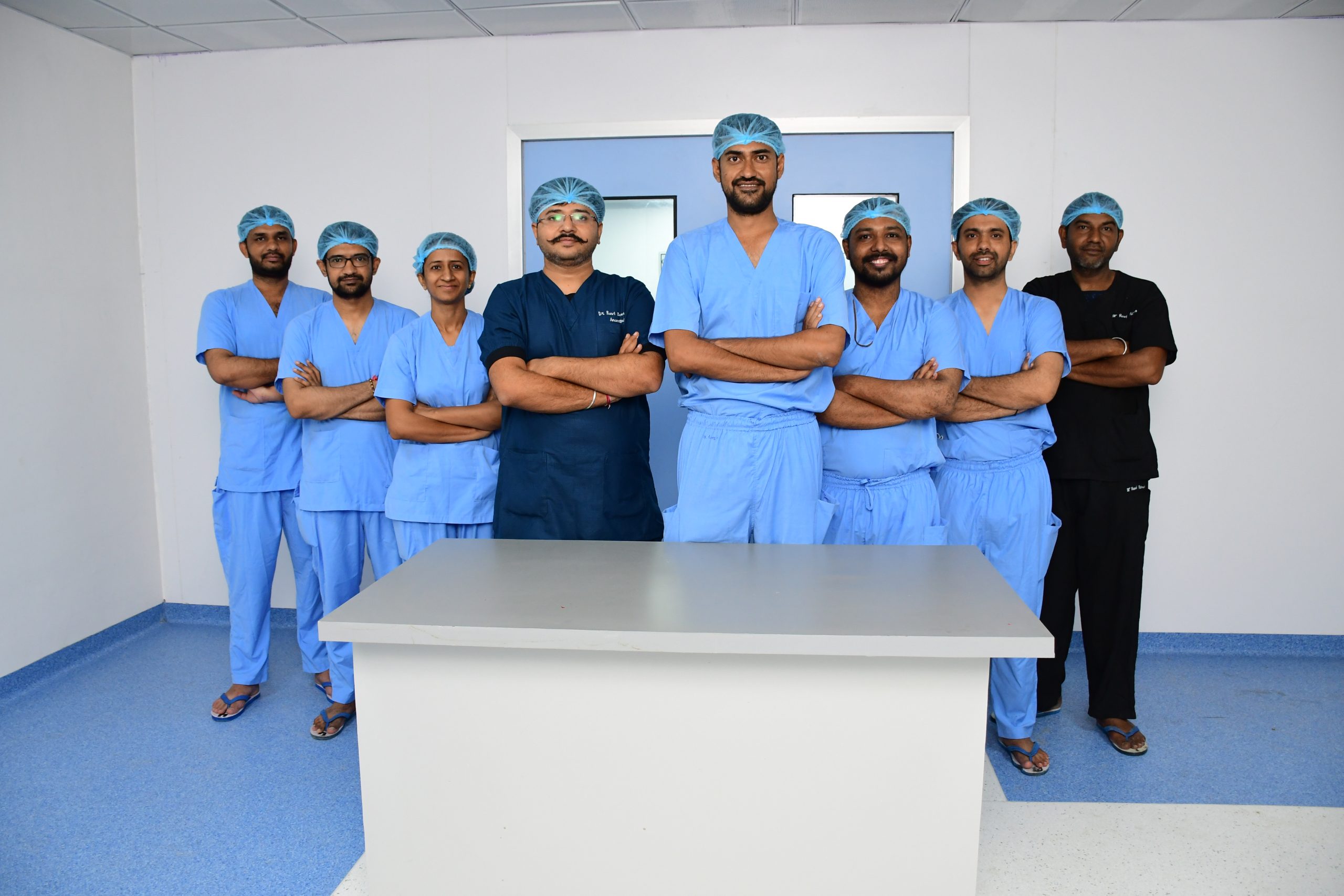
In situations where immediate action is required or in cases of emergency like accidents and mishappenings, self-awareness helps to make effective decisions without being much affected by the chaos and maintaining calm.
The skill to manage relationships and build connections and networks. The ability to communicate efficiently and influence people in the right direction.
Doctors with this skill make good team leaders who have a greater understanding of things and situations and are conflict resolvers.While dealing with the patient the doctor should be clear and efficient while communicating about medical procedures, suggestions, and complications to avoid any misunderstandings or confusion.

The ability to control and redirect disruptive moods and impulses. Not to jump to judgment before assessment.
This makes the doctor trustworthy as they are known to think before acting. This skill helps the doctor to keep integrity in check and be open-minded to possibilities.Doctors have to deal with the emotions of patients. Many times the patient is someone they know, so in these situations, self-regulation helps them control their feelings and emotions to detach and not come between doing what is needed.
The ability to understand the emotions in others and treat them according to their emotional status and reaction. Put yourself in the person's shoes and show compassion toward their struggle.
The best doctors are sensitive to patients and their families, they understand the emotions and handle the case accordingly. Empathy makes them patient, calm, and well manneredWhen a patient is scared or helpless and doctors handle this with sensibility and sensitivity, they earn the trust of the patient, the patient will start confiding. Whereas if the doctor does not handle this well, the patient may further get scared and may not believe in the doctor's opinions.
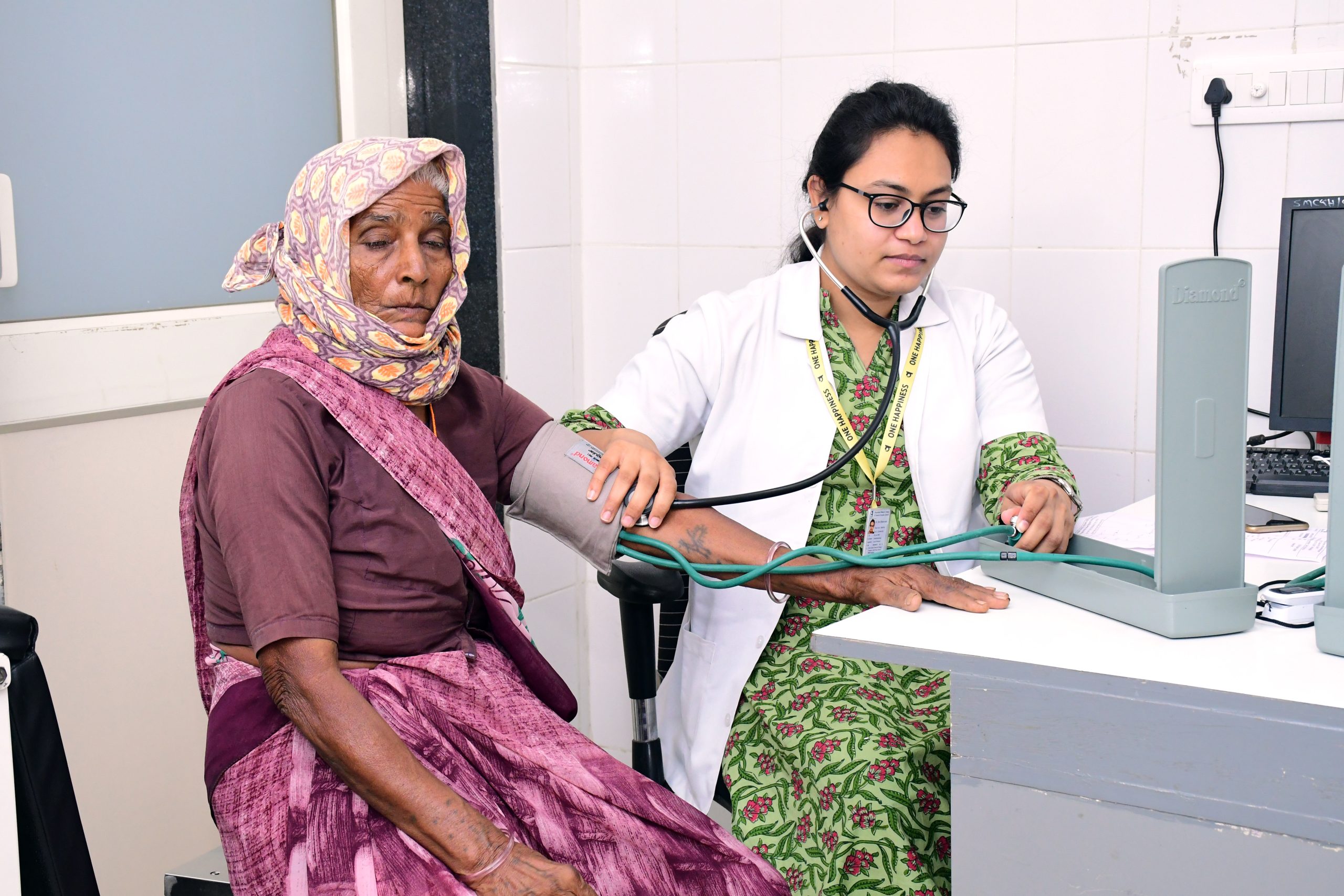
The passion to work for greater things beyond money and status. They work hard and always find room for self-improvement.
Helps the doctor to maintain a positive environment at the workplace and keep an optimistic outlook on situations.Self-motivation helps doctors to take that extra effort for the benefit of the patient. In a situation where the patient is stuck with no possible treatment options, the doctor takes it upon himself to study the case, analyzes the option, and comes up with the best one.
Emotions drive behavior, and that has a great impact on professional success. Physicians who know how to manage their emotions and how to react to the emotions of others give better clinical outcomes, greater professional satisfaction, and better teamwork within healthcare organizations.
While technical skills can be developed through theories, other skills require practice and experience. This is the reason why medical students at SMCGH are taught in an actual environment with clinical trials and practicals. There is no scale to measure them and there can never be enough, but a balance between all of these qualities is found in a successful doctor. At SMCGH we believe that learning and developing is a never-ending process, so one should keep acquiring, polishing, and mastering skills with each passing day.
Every task we do needs a balance of knowledge and skills. Every professional aces their field by polishing their skills over and over with experience and time. The same goes for a doctor, in fact a doctor needs to understand theories and knowledge they gain from the books and also master the critical skills the profession asks for. Both are equally important and cannot be traded for the other. If you are interested in making a career in the field of medicine, there are
not just one or two skills you will need to polish to become successful.
